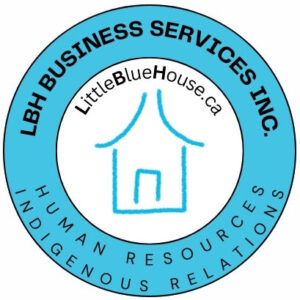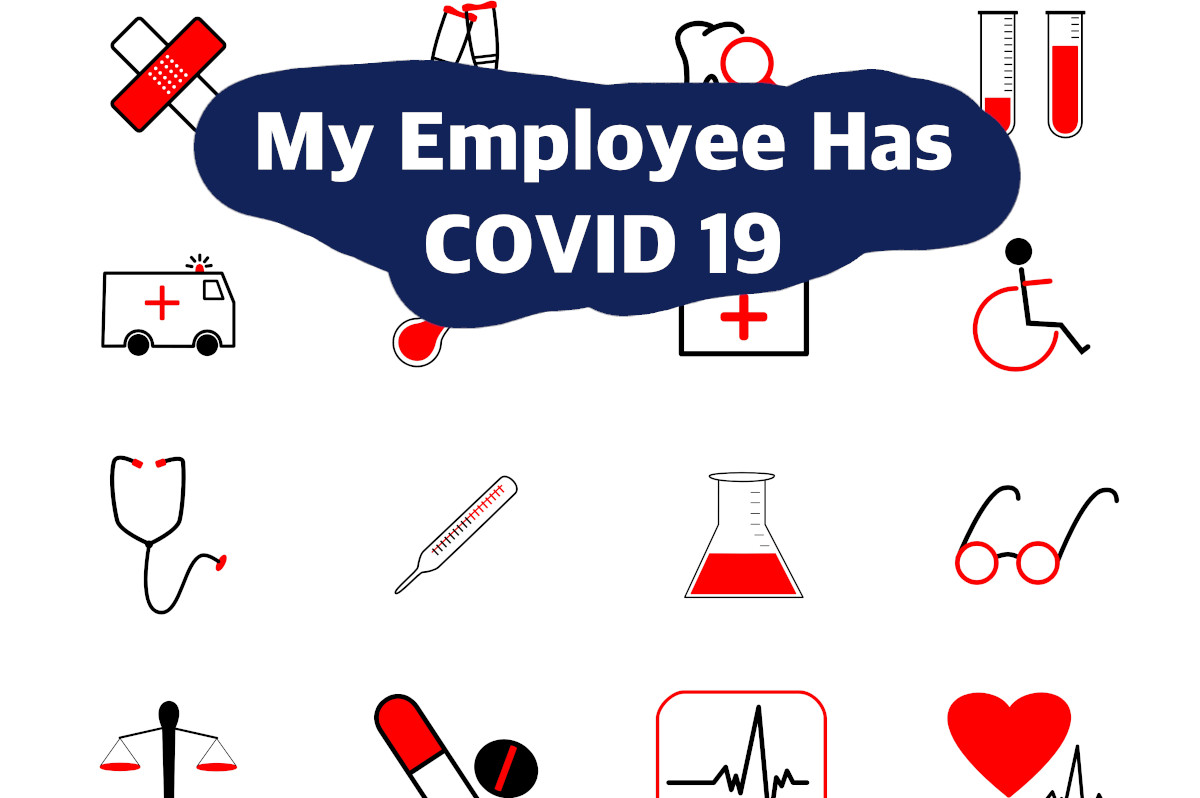We have been living with COVID-19 and the pandemic for several years now. We are all tired of the regulations, but we still need to be safe. I’m not a healthcare professional. This article is written from a Human Resources point of view to help small business owners navigate this pandemic, any future pandemics, and even the seasonal flu. For more corporate health-related advice please read my previous article “The Case for Good Benefits“.
If your employee has tested positive for COVID-19 or is suspected of being in close contact with a positive person, then you need to do the following. First, you need to understand and follow all local or national COVID-19 health regulations. Second, you need to support your confirmed sick employee. Third, you need to protect the rest of your healthy employees.
Read below to get more details.
Health Regulations
Unless your organization is directly related to infectious disease control, chances are you and your employees are not experts in COVID-19 or any illness. This means that far smarter people are giving you the information you need to stay safe. So, follow all local, regional, or national health regulations and mandates.
The hardships of some health mandates may make it hard for your organization to continue the same level of output. This may even put your organization into financial distress. It is important to adapt your operations as soon as there is a suspected pandemic on the horizon.
Sick Employees
Your employees need time to get healthy! Sick employees cannot give you 100%. Make sure you give time off for a least ten days or what your health regulations are telling you. This is a quarantine situation that will help that employee get well sooner.
You need to give this employee compassion and reaffirm that their job is secure for when they come back to work. Employees that have lowered stress may be able to heal faster.
Extra Sick Days
Another way to help your employee is to give them some sort of extra sick days or one-time sick pay. You may or may not already give sick days but it’s always nice to get full pay while away sick. After sick days run out or you don’t offer sick days, you can give a special one-time sick pay that is a percentage of your employee’s regular pay.
One-Time or Extended Sick Pay
One-time sick pay could be 50% pay for up to five days or a $100 or more grocery store gift card. Gift baskets are nice but not as helpful as money that will keep your employee’s power, gas, and water on while they’re sick.
Employee Loyalty
Not only are you protecting your employee and your business by helping sick employees, but you’re creating employee loyalty. Loyalty will keep employees around for a long time, increase performance, and create goodwill when business is slow.
Healthy Employees
Protecting your healthy employees may be as easy as just following your local health mandates. Although, depending on what type of organization you are you might have to consider other precautions. Like above, having the right health and safety precautions will help create loyalty with your employees.
Ask Your Employees
If you need more ideas about your employee’s health and safety, make sure you ask your employees. Your employees are humans with brains also so use them! To learn more about using your employee’s brains read my previous article “Hired Brains: Benefits of Maximizing Your Employee’s Ideas“.
Health Mandates Are Not The Enemy
A pandemic and health mandates are not put in place to directly attack your organization. They are put in place to help and guide you to run a healthy organization.
Emergency Plans
To be really prepared you need to have an emergency policy in place that covers pandemics or public health emergencies. Again, have your employees help you create these documents, so you get employee buy-in!
When I was on the local Library Board we worked as a team to create emergency plans for as many situations as we could. These included floods, tornados, snowstorms, bomb threats, and more.
Although, I do not remember talking about a pandemic because we didn’t have one for a hundred years. We even had healthcare professionals on the board, and we didn’t think of pandemics!
To help you create some emergency plans Amazon has some great books in their emergency planning section .
.
What’s Next?
As I mentioned at the start, I’m not a healthcare professional so always consult your local health services on what you need to do to keep your employees safe.
For human resources support in Canada, click here to book a free HR needs assessment now. If you’re on a budget, consider joining my Patreon to ask unlimited HR questions. If you need HR advice sooner, book a consultation via Fiverr here.
HR questions. If you need HR advice sooner, book a consultation via Fiverr here.

